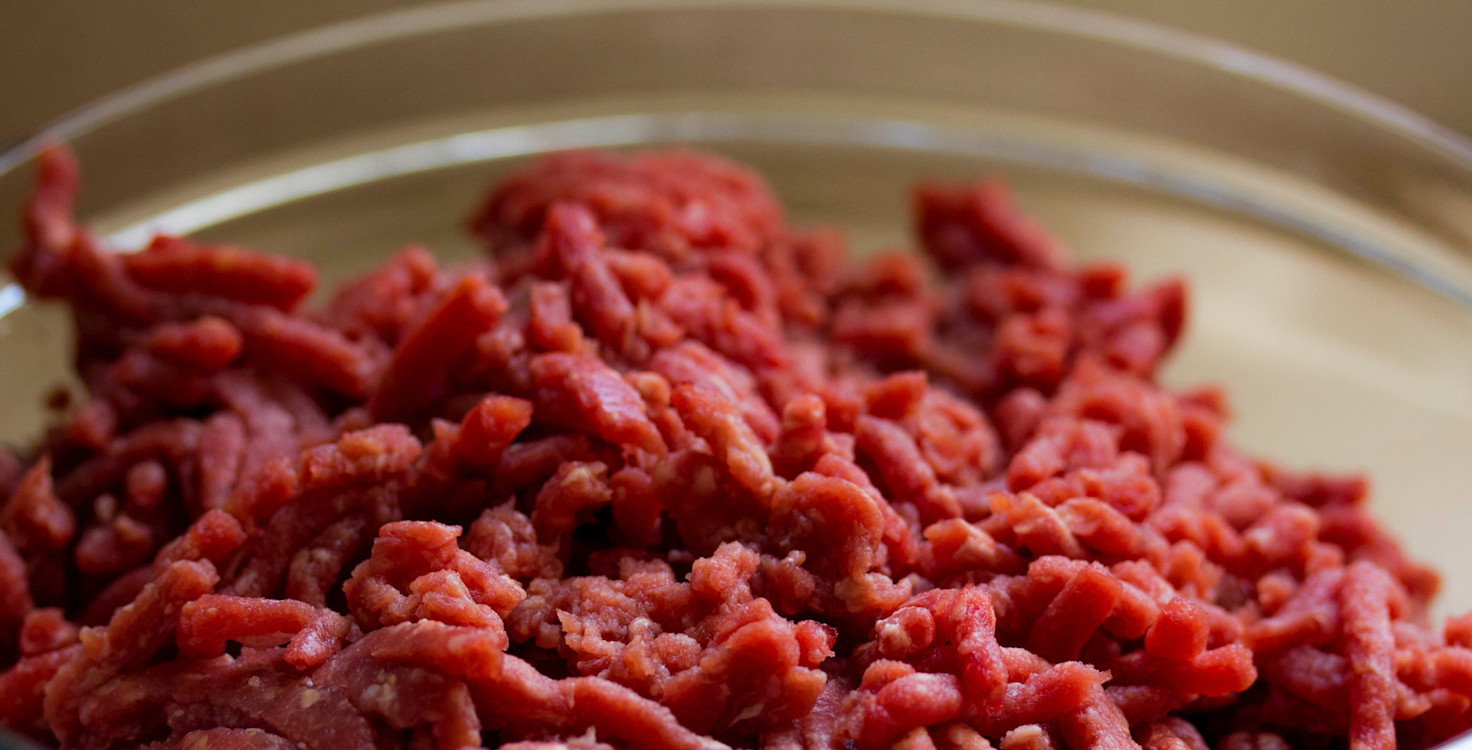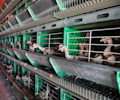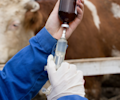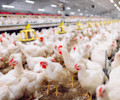Unlabelled horse meat in foods
The 2013 horse meat scandal that spread through parts of Europe delivered a financial blow to many food companies. The scandal emerged after Irish food inspectors announced that foods advertised as containing beef were found to contain undeclared or improperly declared horse meat, and in a few circumstances contained as much as 100% of the meat content. Meanwhile a smaller number of products were also found to contain other undeclared meats, such as pork.
ESG risks of the horse meat scandal in EU supply chain
The scandal led to the global meat industry being put under the microscope as it revealed a major breakdown in the traceability of the food supply chain. Consequently, the ESG risks associated with the complex and often opaque meat supply chain have risen to the fore and meat companies are now under increasing pressure to increase their transparency and labelling.
In total, the scandal spread to more than a dozen European countries. Meat recalls were made, restaurants dropped some of their players and multiple arrests were made. An investigation revealed that Silvercrest Foods factory, owned by parent company ABP Group, was found to have almost 30% of its sample contaminated. Similarly, Tavola’s factory, owned by parent company Comigel had more than 30% of its sample contaminated and supermarket chain Aldi had announced it would withdraw from the sale of several of its products.
Consequently, in the wake of the horse meat scandal, consumer confidence in meat products also plummeted. Sales of frozen hamburgers fell by 43% and frozen ready meals by 13% from levels before the scandal.
While not an issue of food safety, the horse meat scandal highlighted the potential of food fraud being committed by suppliers. Agricultural investors must be cognizant of this risk and consider the potential financial losses that could be suffered from cases of food fraud committed by global food companies or their suppliers.
FAIRR insights are written by FAIRR team members and occasionally co-authored with guest contributors. The authors write in their individual capacity and do not necessarily represent the FAIRR view.











